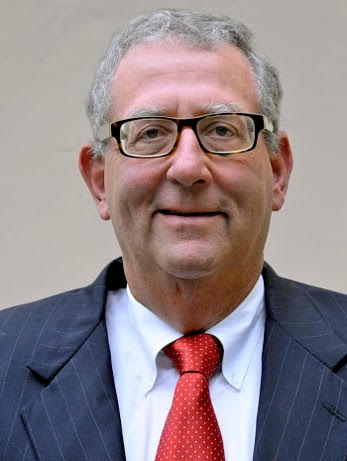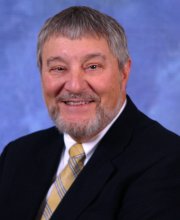This spring, thanks to the coronavirus pandemic, we may feel as if we are living in a parallel universe, a universe focused sharply on finding a workable response.
The impact in our rural states is to add significant stress to their already compromised health care capacity. Workable responses must understand and include that reality. Rural America has an older, sicker, and poorer population than the rest of the nation and fewer resources to care for them.
We can understand how vital our rural states are to our nation and beyond if we look at the five F’s: food, fuels, fiber, finances, and family.
Simply put, the food we eat, the fuels we consume, and the fiber we use come mainly from rural areas. Financially, rural businesses often consume and generate disproportionately large amounts of capital. The family remains the core point of stability in our rural and remote communities. All these factors are often overlooked when health care policy is being made.
Next, health and health care policy designs are integrally tied to the Five F’s in rural America. We believe that those Five P’s – personal health, population health, public health, political will, and place – must be part of efforts to improve rural America’s health and health status.
Let’s dive deeper into each P.
Personal health: We need to be sure that more and better health information is reaching people in rural areas through both traditional and new means.
Population health: Public and private health systems talk about the importance of the health of all people, and yet rural communities and their citizens are often left out of the research and the opportunities to share their needs. Think how dangerous that could be during this global pandemic.
Public health: The nation’s public health systems at the federal, state, and local levels are badly underfunded and underappreciated. We’re seeing the results in the current health emergency. As the nation sets new priorities for public health, rural voices must be part of the conversation, and research must include the needs of rural people.
Political will: Our political system itself is unhealthy, and even the current pandemic is failing to unite our leaders to address a common enemy. We believe political leaders should incorporate personal, population, and public health models as they work to improve the political system’s health.
Place: Think of this as environment. The health of the farm, the ranch, the forest, the water makes a difference to an individual’s health. Take a moment to think about the vibrant communities in your state and area. Why are they vibrant? Mostly because they are healthy.
In 1948 the World Health Organization (WHO) put forth the classic definition of health: a state of complete physical, mental, and social well-being and not merely the absence of disease or infirmity.
We boil that down to one phrase: “when everything works.”
Because the five F’s of rural life are such a vital part of the American fabric, we must incorporate the five P’s as we attempt to repair and rebuild that fabric and make it ever stronger. For everyone.




